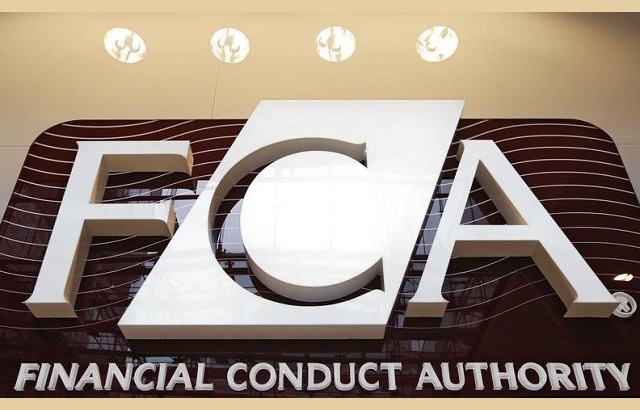The Financial Conduct Authority (FCA) has finalised stricter rules to regulate the promotion of high-risk financial products.
The watchdog said there has been a rise in “misleading adverts” that encourage people to put their money in risky investments which needs to be tackled.
Under the updated set of rules, firms will need to have “appropriate expertise” before they can approve and the issue marketing material. Additionally, those involved in the promotion of high-risk investments will need to conduct “better checks” to make sure consumers and their investments are well matched, the FCA said.
Companies will be required to use clearer and more prominent risk warnings, and certain types of incentives to invest – such as ‘refer a friend’ bonuses – are now banned.
The watchdog said the changes are due to the fact that some consumers do not see losing money in these types of products as a risk and invest without understanding what is actually at stake.
However, the newly established rules will not apply to the promotion of cryptoassets, as the FCA is waiting on the UK government to bring the marketing of crypto within its remit.
Help consumers
Sarah Pritchard, executive director of markets at the FCA, said: “We want people to be able to invest with confidence, understand the risks involved, and get the investments that are right for them which reflect their appetite for risk.
“Our new simplified risk warnings are designed to help consumers better understand the risks, albeit firms have a significant role to play too. Where we see products being marketed that don’t contain the right risk warnings or are unclear, unfair or misleading, we will act.
“This is even more important now because increases in the cost of living could prompt people to chase higher investment returns which may prove risky.”
‘Much needed red tape’
Myron Jobson, senior personal finance analyst at Interactive Investor, added: “Like a moth to a flame, too many people are putting their money in products that they simply don’t understand or are too risky for them – reeled in by the allure of glossy marketing.
“There was a boom of people investing for the first time during the pandemic, and the worry is novice investors who experienced a baptism of fire by losing money on high-risk bets could be put off investing for life – which could scupper their financial goals.
“The FCA has been looking at ways to reduce the number of people investing in products that do not match their appetite for risk. The role of the regulator isn’t to play nanny, but to ensure that the marketing of financial products isn’t salacious and has clear and concise risk warnings to help consumers make an informed decision for themselves.
“The new rules add much needed red tape, requiring firms approving and issuing marketing to have the right expertise and those marketing some types of high-risk investments to conduct better checks to make sure those investments are well matched to consumers. The biggest questions here are: what constitutes the right expertise and what will the better checks look like in practice?
“As well as having more rules to clampdown on irresponsible marketing, more nuanced conversation is needed about investment risk. Risk is an inherent part of investing, but there are some investments that raise the stakes to levels akin to slot machines in a Las Vegas casino. Investors need to truly understand their attitude to risk – would they be able to sleep at night if they purchased a risky investment in which they could lose their entire investments if things went south?
“The FCA’s clampdown of high-risk products does not apply to cryptoassets, the area of investments where more stringent rules and regulation are needed most. But the FCA said that rules will be published for this sector after the government confirms how it will be brought under its remit.
“There is no time to delay. While cryptocurrency has come a long way since its humble beginnings in the niches of the internet, the crypto market remains a Wild West – blighted by scams, fraud and irresponsible marketing.”








